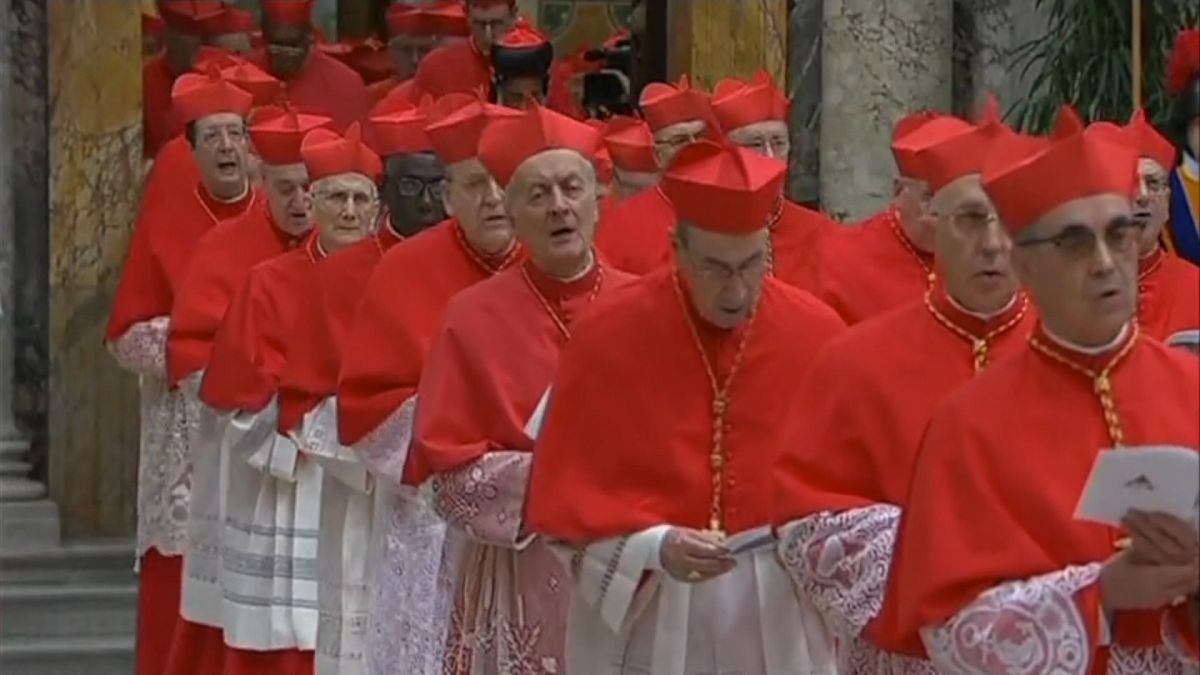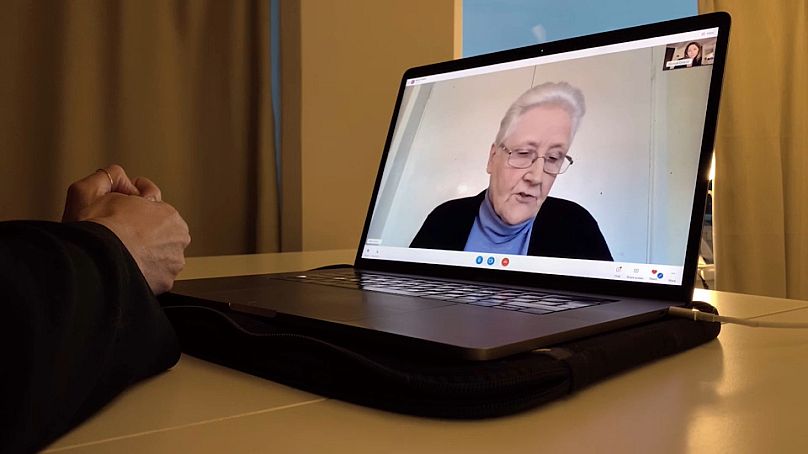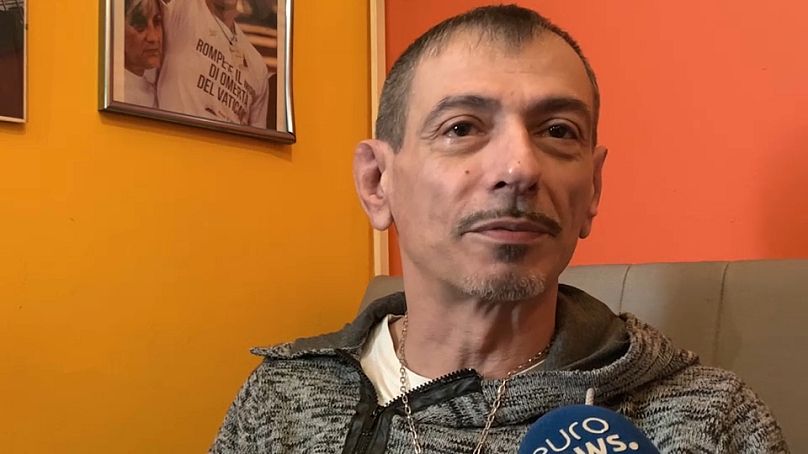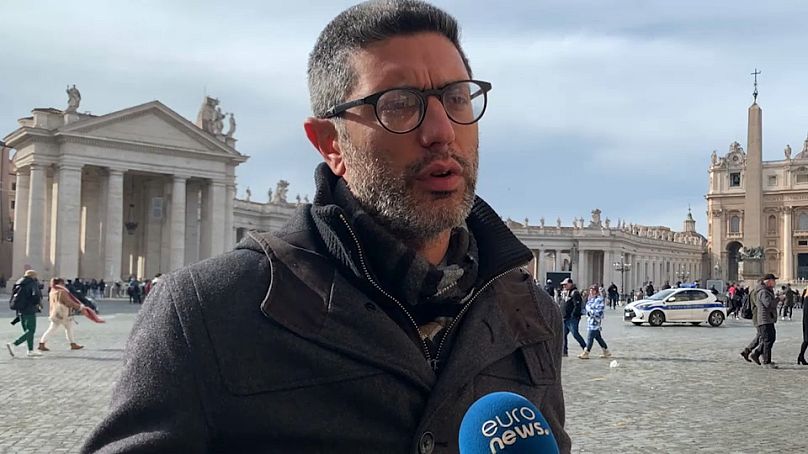Italy's response to revelations of sexual abuse in the Catholic Church has been markedly different to that of other countries. Euronews speaks to victims and campaigners who are seeking justice.
Four years ago, Pope Francis called for a major global summit to address the problem of sexual abuse in the Catholic Church, promising an end to cover-ups. But the Vatican has often been accused of not doing enough, compared to other countries, to tackle the issue.
A special panel set up in 2014 to advise Pope Francis on ways to better protect minors from sexual abuse by the clergy faced heavy scrutiny in 2017 when Marie Collins, an Irish abuse survivor and panel member, left the group citing the Church’s unwillingness to change.
“When I resigned I wanted it to be known that there was resistance," Marie revealed. "I wanted it to be known that the Commission had been trying to do its work ... but stumbling blocks had been put in its way by people within the curia."
"Vatican power and politics [were] involved. They wanted to control the commission, to take away our independence. They were afraid of any changes we might bring in. And it still goes back to the core of the whole problem from the very beginning: saving the Church’s reputation,” she added.
Italy appears to have taken a different approach compared to other countries in its handling of sexual abuse in the Catholic Church.
In the absence of an independent investigation or engagement by the Italian state, and given there are no official figures, it has been left to the country’s only campaign group to compile what it can.
Euronews spoke to the president of the Abuse Network group, Francesco Zanardi, who is himself a survivor of abuse. The campaign group has just released its most comprehensive report so far with over 400 cases recorded over the last 13 years.
“The overall number of potential victims a priest can abuse differently from a layperson is what matters. That’s mainly due to cover-ups and the fact that the priest rather than being reported to the police is often being moved from one church to another which creates more victims," Francesco Zanardi explained. "In Italy, there are three times as many priests than in France."
The report has been sent to the Italian authorities to raise awareness of the issue. It was estimated that the overall number of victims in the country would amount to nearly 1 million.
The Italian Bishops Conference in November released a report covering reported cases over the past two years. The 41-page document revealed 89 presumed victims, based on complaints that had been collected by so-called 'listening centres' that were set up in dioceses.
Victims' groups said the real number of cases was likely much higher and slammed the report's limited scope as “shameful.”
“Italy is still a very homogeneous country from a cultural and social point of view," Iacopo Scaramuzzi, Vatican Correspondent for La Repubblica newspaper told Euronews.
"I am not saying that we are all Catholics but every Italian has a link to the Catholic church whether it’s through the family or in the past. That’s why, here, it takes longer and it’s more difficult for people, in general, to become aware of what’s going on,” he added.



